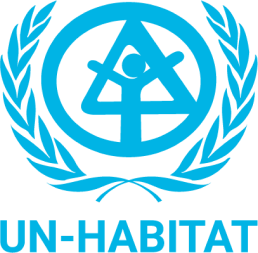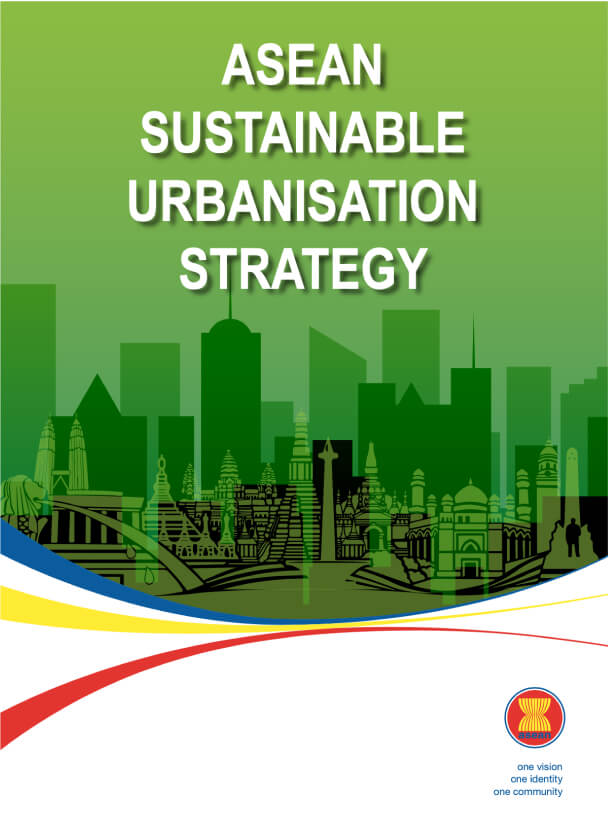Background
As cities across Southeast Asia continue to develop at an increasingly rapid pace, ensuring sustainable urbanisation is of paramount importance. Home to a growing population of over 668 million people, Association of Southeast Asian Nations (ASEAN) Member States now collectively represent the fifth largest economy in the world with a combined GDP of US $3.2 trillion in 2019. By 2050, it is estimated the urban population of Southeast Asia will swell to over 525 million people from 334 million people in 2020.

Photo credit: Chanin Homdee 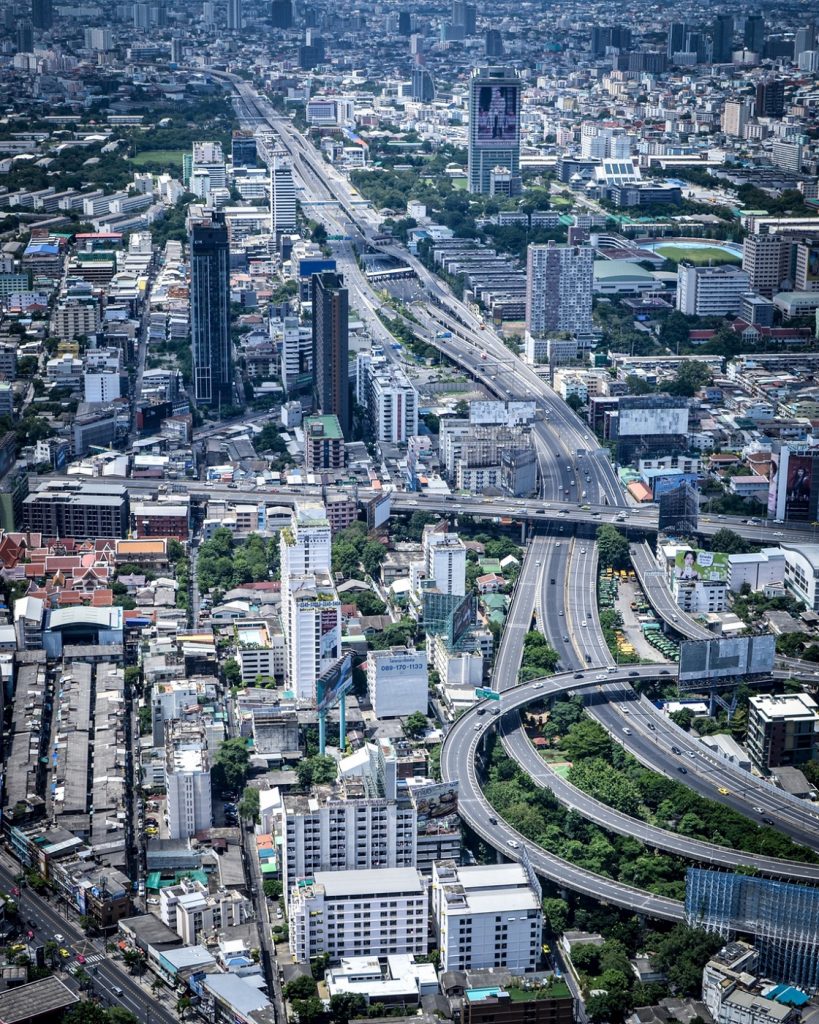
Photo credit: Chanin Homdee
Objectives
Recognising this trend, the ASEAN Sustainable Urbanisation Strategy (ASUS), as one of the initiatives under the Master Plan on ASEAN Connectivity (MPAC) 2025 Strategic Area on Sustainable Infrastructure, was launched in 2018 to help shape and influence urban development pathways across ASEAN Member States. Under seven priority sub-areas: inclusive and equitable growth, housing and home, personal safety and security, water, waste and sanitation, mobility, urban resilience, and education, the ASUS identifies eight priority actions:
1. Introduce and improve access to digital payment solutions to enhance financial inclusion
2. Develop and expand affordable housing solutions
3. Introduce digital solutions to enhance safety and security in cities
4. Enhance solid waste management systems
5. Introduce and improve Bus Rapid Transit (BRT) systems
6. Develop and enhance traffic management systems
7. Develop flood management systems
8. Develop digital skills through ‘industry boot camps’
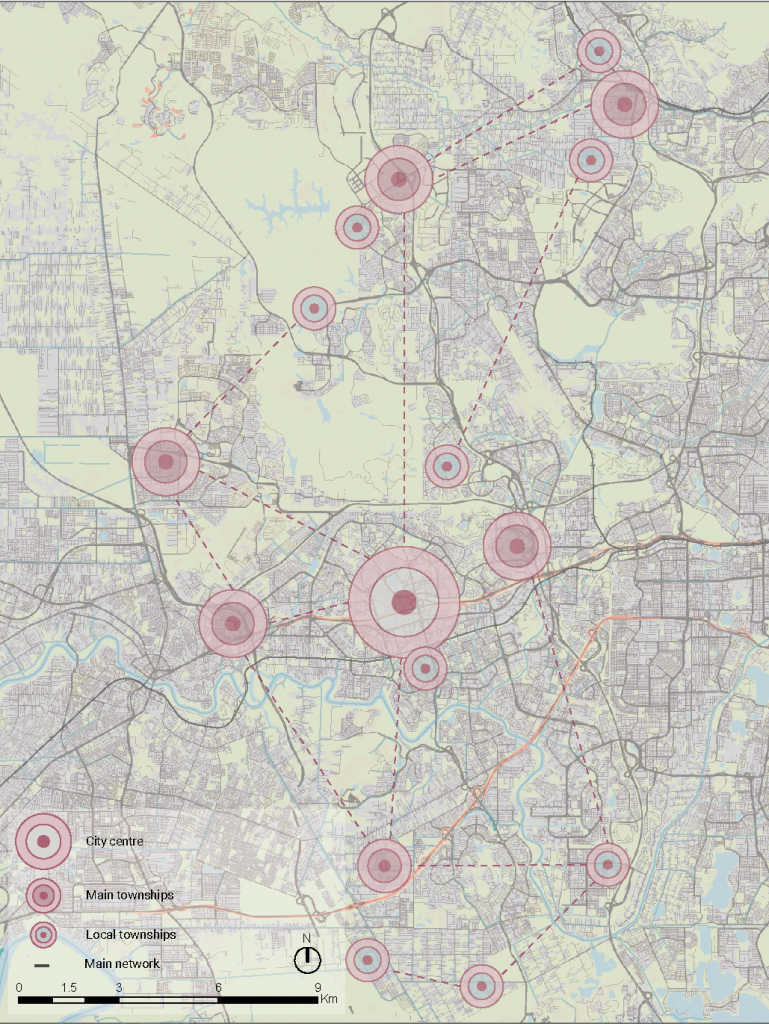
TOWNSHIP. Shah Alam 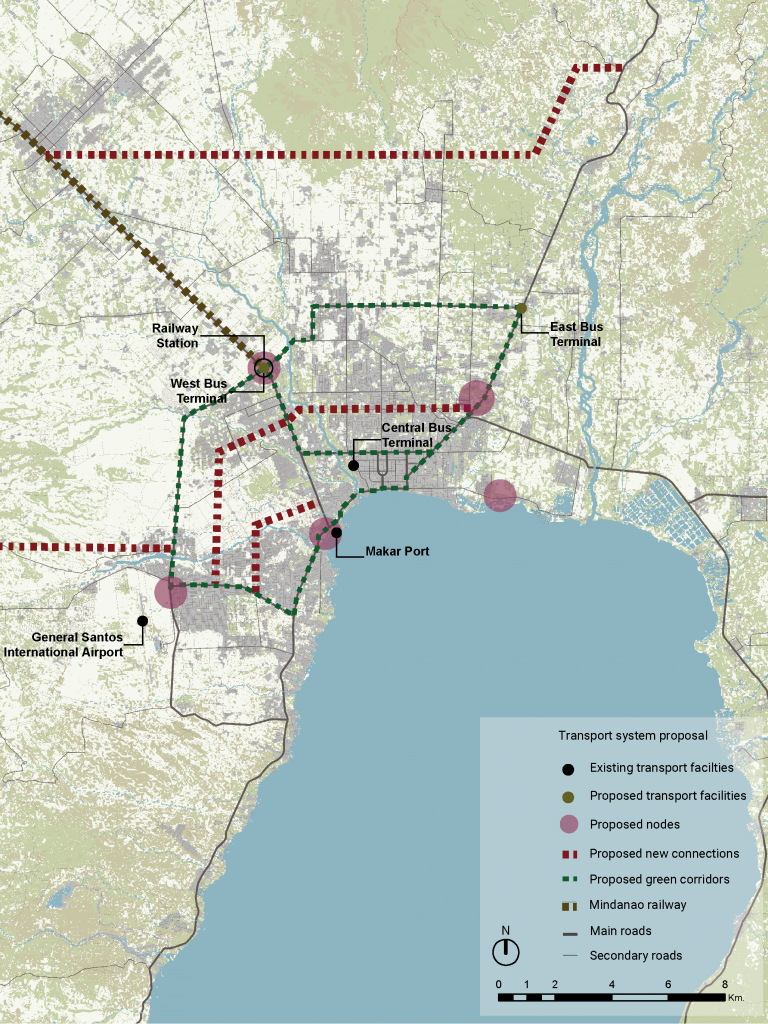
TRANSPORT SYSTEM, General Santos 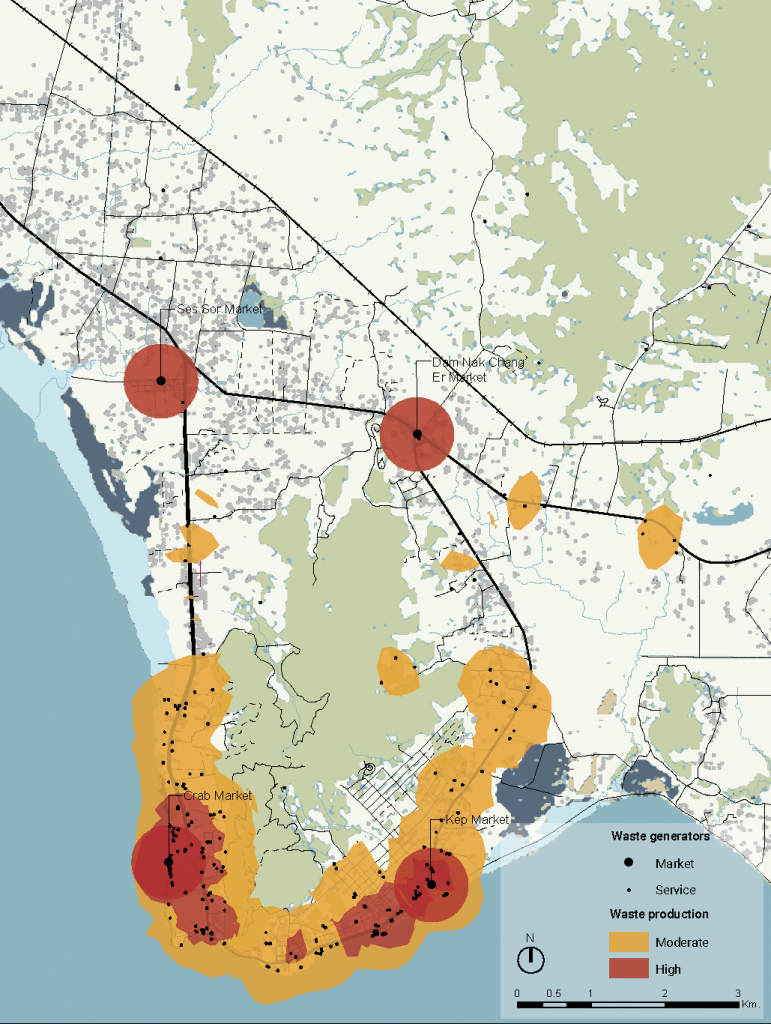
WASTE ACCUMULATION, Kep City
Since January 2020, with support from the ASEAN-Australia Development Cooperation Program Phase II (AADCP II), ASEAN has been working with UN-Habitat to accelerate the implementation of ASUS (the “ASUS Project”). The ASUS project aims to:
1. Promote definition of sustainable urbanisation projects within the ASUS Framework;
2. Disseminate knowledge and lessons learned on sustainable urbanisation in ASEAN to encourage other cities to adopt ASUS into their urban development plans; and
3. Expand research and knowledge on sustainable urbanisation in ASEAN, in alignment with global agendas toward the achievement of the SDGs.

Photo credit: Chanin Homdee 
Photo credit: Chanin Homdee 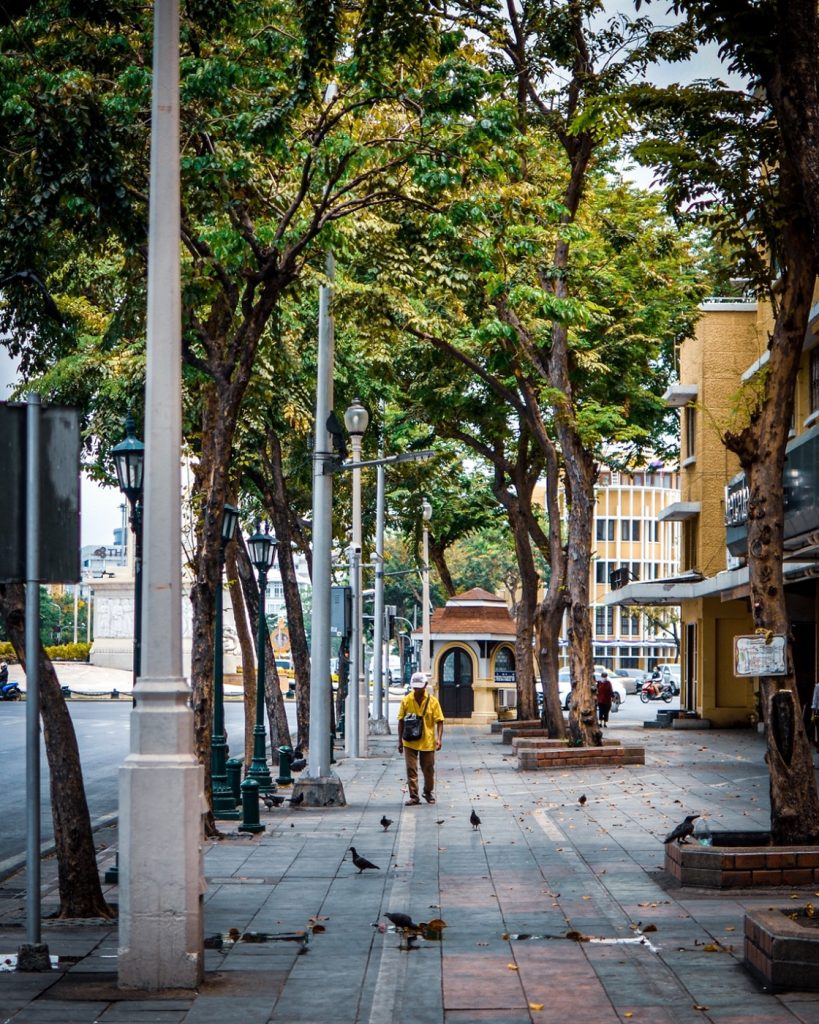
Photo credit: Chanin Homdee
Project Outputs
To achieve these objectives, UN-Habitat and ASEAN adopted a multi-scalar approach that combines city-level technical outputs with regional-level initiatives. The close collaboration with ASEAN cities to implement the ASUS framework serves as a starting point to drive further sustainable urban solutions at the local level while producing knowledge and findings to support regional events and normative work.
The ASUS Project consists of three main outputs:
1. City Technical Proposals for up to eight selected ASEAN cities in implementing ASUS;
2. ASEAN Sustainable Urbanisation Forum;
3. Report on the State of Urbanisation in ASEAN.
Development Partners
Australian Government
ASEAN-Australia Development Cooperation Program – Phase II (AADCP II),
ASEAN Secretariat: ASEAN Lead Implementing Body for Sustainable Infrastructure under MPAC 2025 (LIB-SI), ASEAN Connectivity Division
Relevant Links
ASEAN Sustainable Urbanisation Strategy (ASUS) – ASEAN Connectivity
